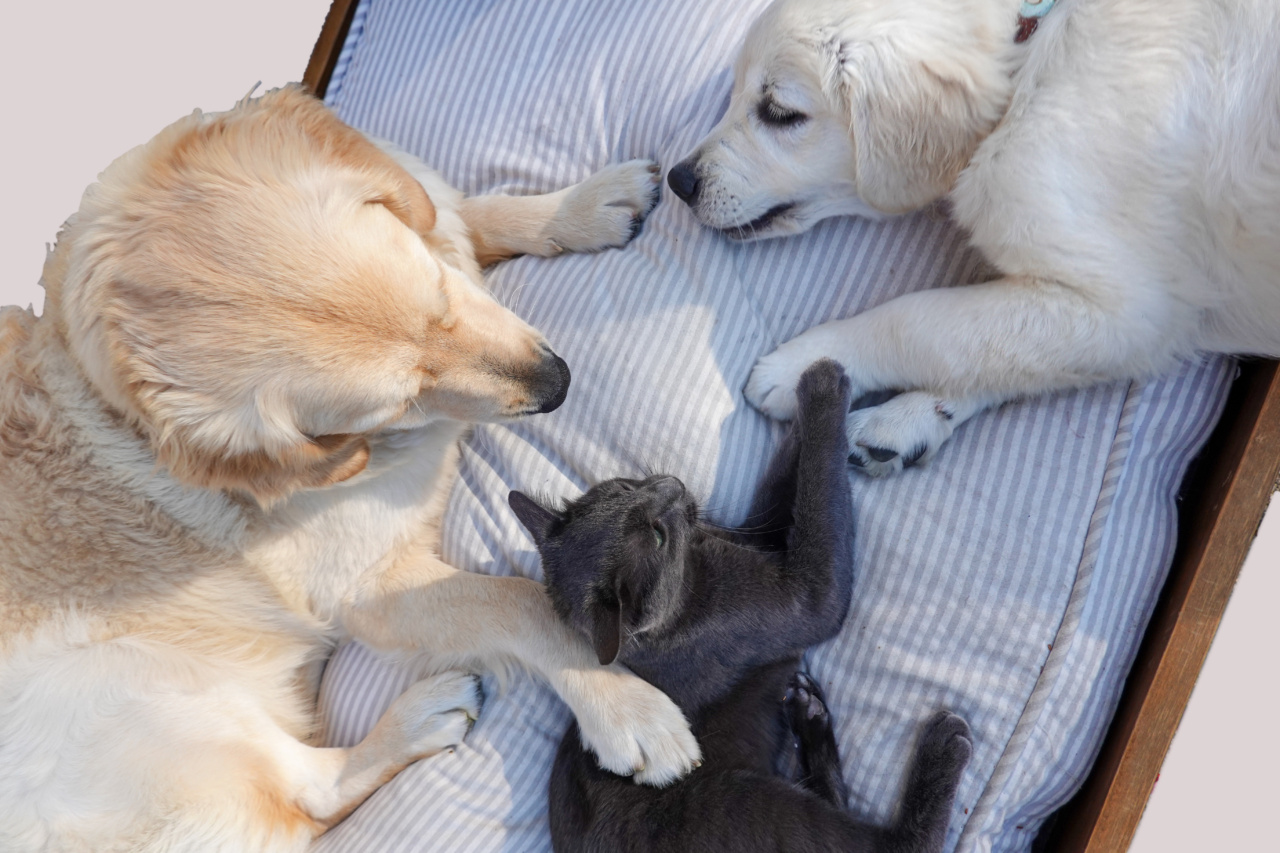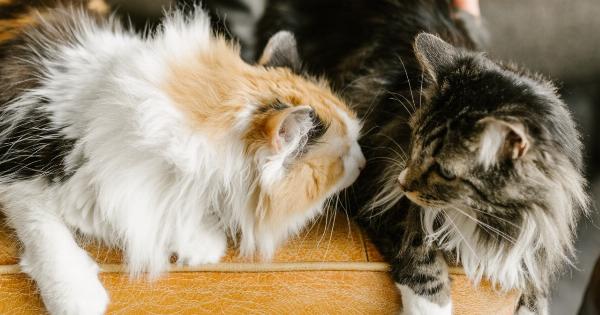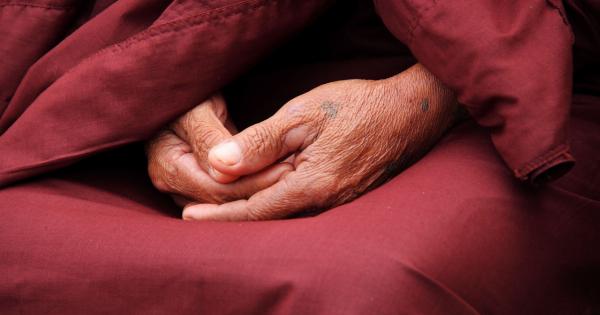When it comes to pets, there are two main camps that people fall into: dog lovers and cat enthusiasts. While some individuals are happy to have both in their homes, others have a strong preference for one over the other.
Surprisingly, this preference can reveal a lot about a person’s character traits and personality. In this article, we will delve into the psychology behind why some people prefer dogs while others lean towards cats, and what these preferences might say about their traits and characteristics.
The Loyal Companion: Dogs
Dogs have long been dubbed “man’s best friend,” and for good reason. They are known for their unwavering loyalty, endless enthusiasm, and unconditional love.
Dog lovers are often portrayed as being extroverted, outgoing, and sociable individuals. They tend to thrive in social settings and enjoy the companionship and energy of being around others. Dogs require attention and love, and their owners are usually more than happy to provide it.
One of the primary reasons people prefer dogs is their need for physical activity and exercise. Dog owners are typically more active themselves, as they need to take their furry friends on regular walks or engage in play sessions.
This need for activity can translate into a preference for an active lifestyle, and dog owners often excel at sports, outdoor activities, and other physical pursuits. Studies have shown that dog owners tend to have lower blood pressure and reduced stress levels compared to those who do not own pets.
Furthermore, dogs are known to be highly empathetic creatures. They can sense their owner’s emotions and provide comfort and support when needed.
Dog owners tend to be compassionate, caring, and nurturing individuals who readily offer emotional support to their loved ones. These traits often extend beyond their relationship with their pets and manifest in their interactions with friends, family, and even strangers.
The Independent Spirit: Cats
Cat lovers, on the other hand, are often associated with being independent, introverted, and mysterious. Cats have long been known for their independent nature, aloofness, and self-sufficiency.
They are less needy and demand less constant attention than dogs, which can be appealing to those who prefer a more low-maintenance pet. Cat owners often value their personal space and independence, appreciating the freedom that comes with having a pet that doesn’t require constant interaction.
Contrary to popular belief, cat owners are not necessarily antisocial individuals. Instead, they often prefer closer and more intimate relationships with a select few individuals rather than having an expansive social circle.
They relish their solitude and use it as an opportunity for self-reflection and personal growth. This introspective nature often leads to creativity and intellectual curiosity, as cat owners tend to gravitate towards artistic pursuits or intellectually stimulating hobbies.
Cats are known to be great companions who provide a sense of calm and relaxation. The rhythmic sound of a cat’s purr has been found to lower stress levels and promote a sense of tranquility.
Cat owners often appreciate the peaceful and serene energy that cats bring to their lives. They are often viewed as being deep thinkers and introspective individuals who value moments of solitude to recharge.
Combining the Best of Both Worlds: Dog-Cat Households
While there are clear differences in the characteristics and preferences of dog and cat lovers, it is also worth noting that some individuals choose to have both as pets. These households often reflect a balance of traits from both camps.
Dog-cat household owners can be seen as adaptable individuals who appreciate both the energetic, outgoing nature of dogs and the independent, introspective nature of cats.
This combination of pets can complement different aspects of an individual’s personality. Dog-cat household owners tend to be versatile individuals who can navigate social situations easily but also value their personal space and alone time.
They are often flexible and adaptable in their lifestyles, catering to the needs of both their active and independent pets.
Understanding the Impact of Individual Preferences
While these generalizations about dog and cat owners can provide some insight into their character traits, it is important to remember that every individual is unique.
Personal experiences, upbringing, and other factors can influence someone’s preference for one type of pet over the other. Additionally, traits and characteristics can vary significantly among individuals within each group.
There is no right or wrong answer when it comes to the dog versus cat debate. The most important factor is finding a pet that matches an individual’s lifestyle and preferences.
Whether someone prefers the loyal and energetic nature of dogs or the independent and mysterious aura of cats, the bond between a human and their pet is a unique and special one that brings joy and companionship to both parties.
To Each Their Own: Celebrating Pet Preferences
Ultimately, whether someone is a dog lover, a cat enthusiast, or both, it is essential to respect and celebrate their choice. The unique bond between humans and animals transcends any debates or stereotypes related to pet preferences.
Instead, it is a testament to the power of love, companionship, and the incredible ways pets enrich our lives.
Conclusion
When it comes to the age-old question of dogs versus cats, the answer is ultimately a matter of personal preference.
While dog lovers tend to be outgoing, energetic, and nurturing, cat enthusiasts often value independence, introspection, and tranquility. However, it is important to remember that these generalizations are not blanket statements and that individuals within each group can possess a range of characteristics and traits.
Dogs and cats offer unique companionship and bring joy to the lives of their owners, regardless of personal preferences.




























